Natural Disasters

Los Angeles County the Riskiest Place in the U.S., FEMA Says
The new National Risk Index calculates the brutal equations of natural disasters.
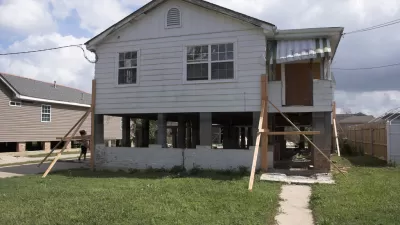
Adapting Building Codes to Natural Disasters Saves Billions
New research shows that modern building codes have prevented around $27 billion in damage from natural disasters between 2000 and 2016, yet many cities still operate under decades-old regulations.
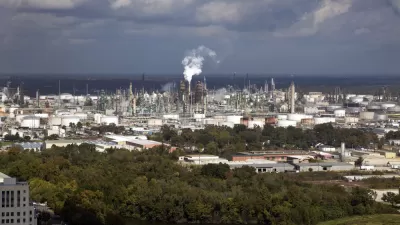
Coastal Louisiana Communities Face Risks from Chemical Plants
Louisiana's chemical plants could release tons of toxic pollution into the air and water during storms, but anti-terrorism provisions make the process of finding risk management information prohibitively difficult.

Resilient Los Angeles: Preparing for Overlapping Disasters in Pandemic
L.A. City Chief Resilience Officer Aaron Gross elaborates on how the pandemic is shaping the city’s understanding of resilience and the cascading impact that overlapping disasters of earthquake or wildfire could have on the city’s limited resources.
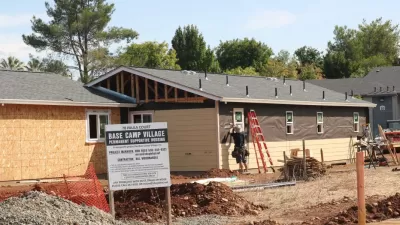
New Census Report Captures the Housing Effects of Disasters
A new report from the U.S. Census Bureau offers a new approach to understanding the impact of disasters on local housing markets.
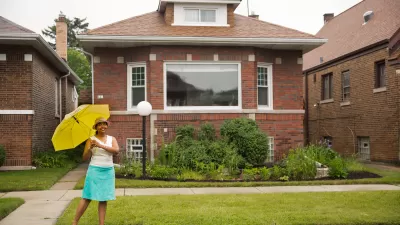
Five Years of 100 Resilient Cities
It's been five years since the Rockefeller Foundation launched the 100 Resilient Cities initiative. A new analysis by the Urban Institute evaluates the accomplishments of 100 Resilient Cities so far.
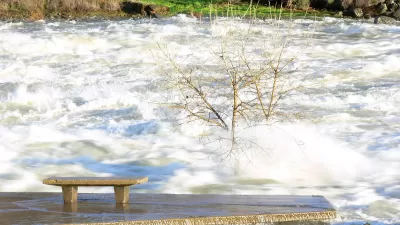
Scientists Warn Mega-Storm Could Make 'Lakes' of California Cities
If you live in California, you've heard predictions of a disastrous earthquake dubbed "the big one." Now, scientists are warning of an epic rainstorm that could cause three times as much damage.

Want an Earthquake Warning? There's an App for That
A new earthquake warning system is in place in the city of Los Angeles.
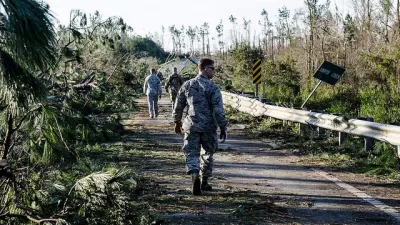
The Price of Natural Disasters
Worldwide, natural disasters cost $155 billion in 2018, according to an insurance industry report.
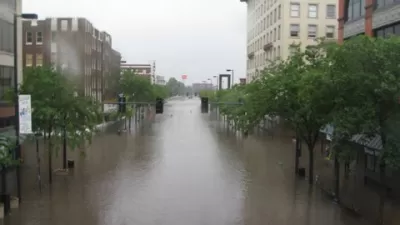
Flood Risk and Community Resiliency
An analysis of how flooding, the most frequent and costliest natural disaster in the U.S., will cause stress to the housing market in coming decades.
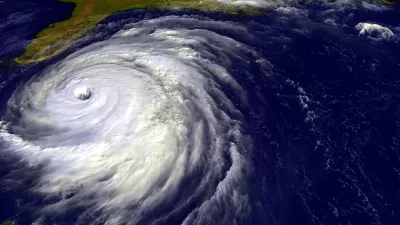
After Michael: Updating Florida's Building Code to Better Weather Future Storms
Code requirements for wind resistance vary substantially across Florida, with less stringent building requirements in areas of the Panhandle hit hard by Hurricane Michael.

San Francisco Considers More Aggressive Measures to Earthquake-Proof High Rises
The city has proposed tighter rules for new construction and a more active approach to securing existing tall structures from collapse.
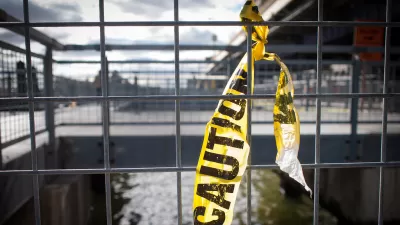
Mapping the Repeated Occurrence of Natural Disasters
The New York Times publishes an interactive feature that illustrates the stubbornness of natural disasters (or humans, in the face of natural disasters).
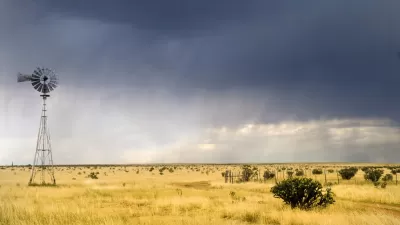
In Texas, More Sprawl Means More Homes in the Path of Tornadoes
Revisiting one day in 2012, a reporter finds that many of the Dallas-Fort Worth areas affected by the storms were barely inhabited 20 years ago.
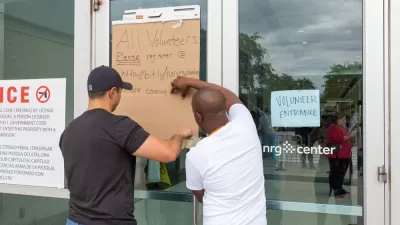
When Coastal States Kill Building Codes, FEMA Pays
Despite the increasing number and intensity of natural disasters, some vulnerable states are relaxing building regulations and leaving the federal government to pick up the tab when tragedy strikes again.
How to Fight 'Coastal Squeeze' By Engineering Nature
A Rutgers professor restores natural processes to help shorelines adapt to rising sea levels.
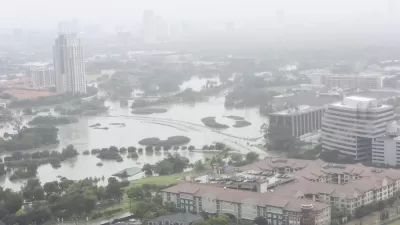
2017 Set a New Precedent for Natural Disasters
Floods, hurricanes, wildfires, drought, freezes, and tornadoes—the list of disasters that struck the United States this year covers every corner of the country.

Florida Prepares for Irma: Building Codes, Cranes, Evacuation, Storm Surge
As Irma leaves the Caribbean and heads for Florida, with landfall expected this weekend, there is a lot to worry about: New building codes will be put to test, fuel to evacuate is in short supply, and cranes have not been dismantled.

EPA's Scott Pruitt Dismisses Global Warming Connection to Houston Flooding
While any one event can not be attributed to global warming, climate scientists have long acknowledged a connection to extreme weather. Pruitt, a climate denier, dismisses any such connection with the amount of rainfall from Hurricane Harvey.

The Culprit of Houston Flooding: Sprawl, Not Lack of Zoning
As Houston's flood waters recede and attention turns from rescue to recovery and soon rebuilding, critics have pointed to the city's lack of zoning as the cause of the devastation. But are they looking in the right direction?
Pagination
Urban Design for Planners 1: Software Tools
This six-course series explores essential urban design concepts using open source software and equips planners with the tools they need to participate fully in the urban design process.
Planning for Universal Design
Learn the tools for implementing Universal Design in planning regulations.
Caltrans
Smith Gee Studio
Institute for Housing and Urban Development Studies (IHS)
City of Grandview
Harvard GSD Executive Education
Toledo-Lucas County Plan Commissions
Salt Lake City
NYU Wagner Graduate School of Public Service


































